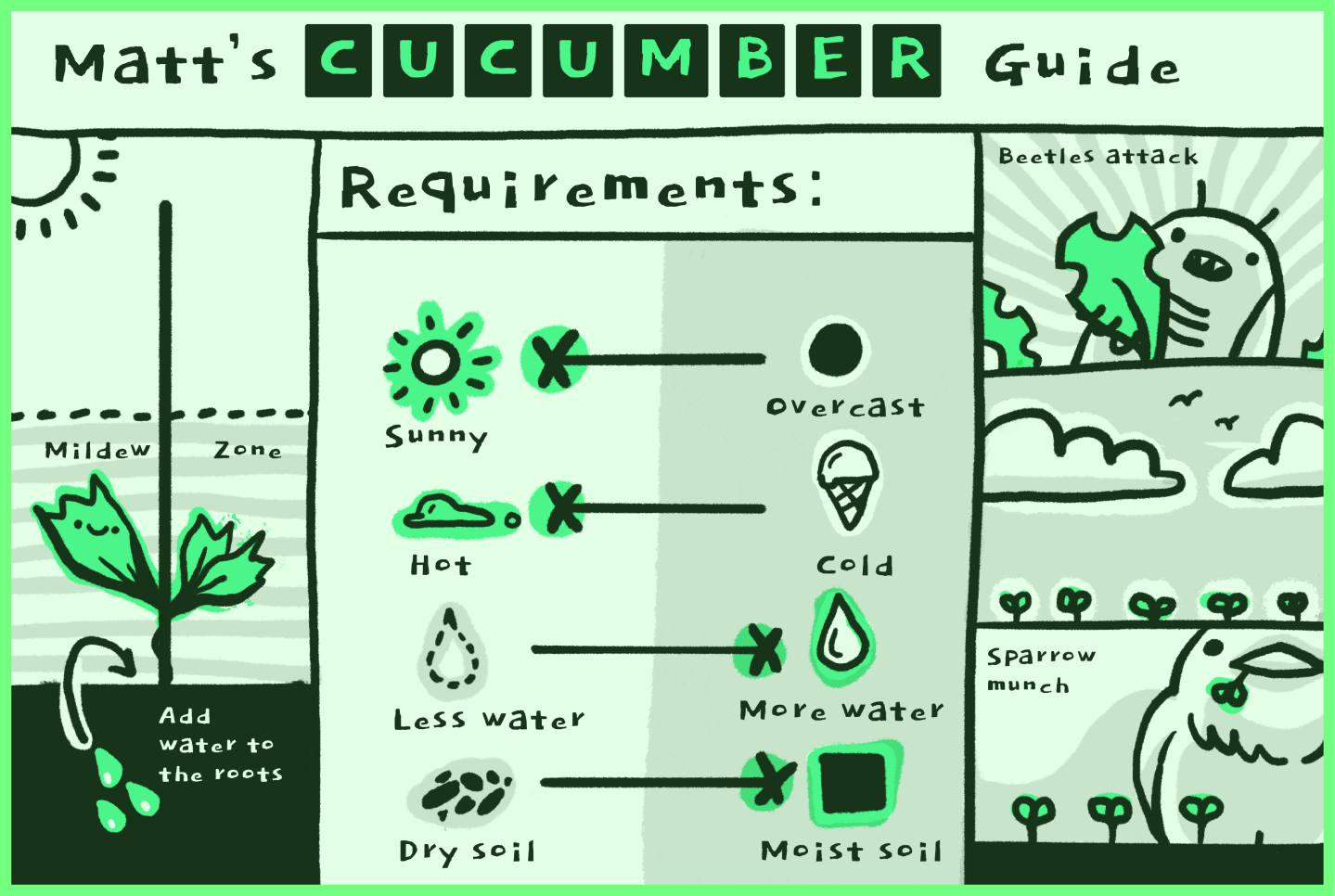3 Gardening Lessons for Mindfulness
How Gardening taught me to be more present in my life.
When I moved into my current apartment with my girlfriend I noticed behind the building there were empty gardening plots teeming with wild mustard and clover.
I asked around, and it turned out no one was using them. So for the first time in my life, I got the opportunity to do some gardening outside. I was really excited to get started.
It turns out there was a lot I would need to learn.
From Simple Principles Come Complex Behaviors
What do plants need to thrive? Well that's simple, they need water, sunlight, heat, and good soil.
In practice, it's not so simple.
How many hours of sun does your garden get? Are there trees and fences blocking the sun?
How fast does the soil drain? If it rained, how much? At what time?
Was it overcast? or sunny? Do your plants like cold weather or warm weather?
While the basics can be summarized in a sentence. Applying them correctly is not so simple.
Patience and Perseverance are the Key to Growth.
It's generally good advice to always be prepared. When starting a garden this could mean adding lots of compost (which is free by the way in most places) and fertilizer.
But even when we are prepared we have no control over the actual outcome.
Beetles can eat your bok choy leaves so they look more like swiss cheese.
It can be overcast ten days in a row stifling growth.
Sparrows can eat your seedlings causing them to simply disappear one day (rip tomato plant 💀).
At the end of the day, whether a plant grows or not is entirely outside of our control. The only thing we can do is create the right conditions for growth.
Everything Worth Knowing Comes from Listening Closely.
When a dog is hungry it may bite you. When a baby is upset it cries. But for a plant, don't expect for it to let you know when it's not feeling well.
Different plants have different preferences. Some like it hot, while others can be frozen and still survive. To learn what your plant needs requires observing them closely, researching their preferences and common diseases.
This teaches us that it is only by paying close attention, and empathizing, can we really hope to understand other creatures.


